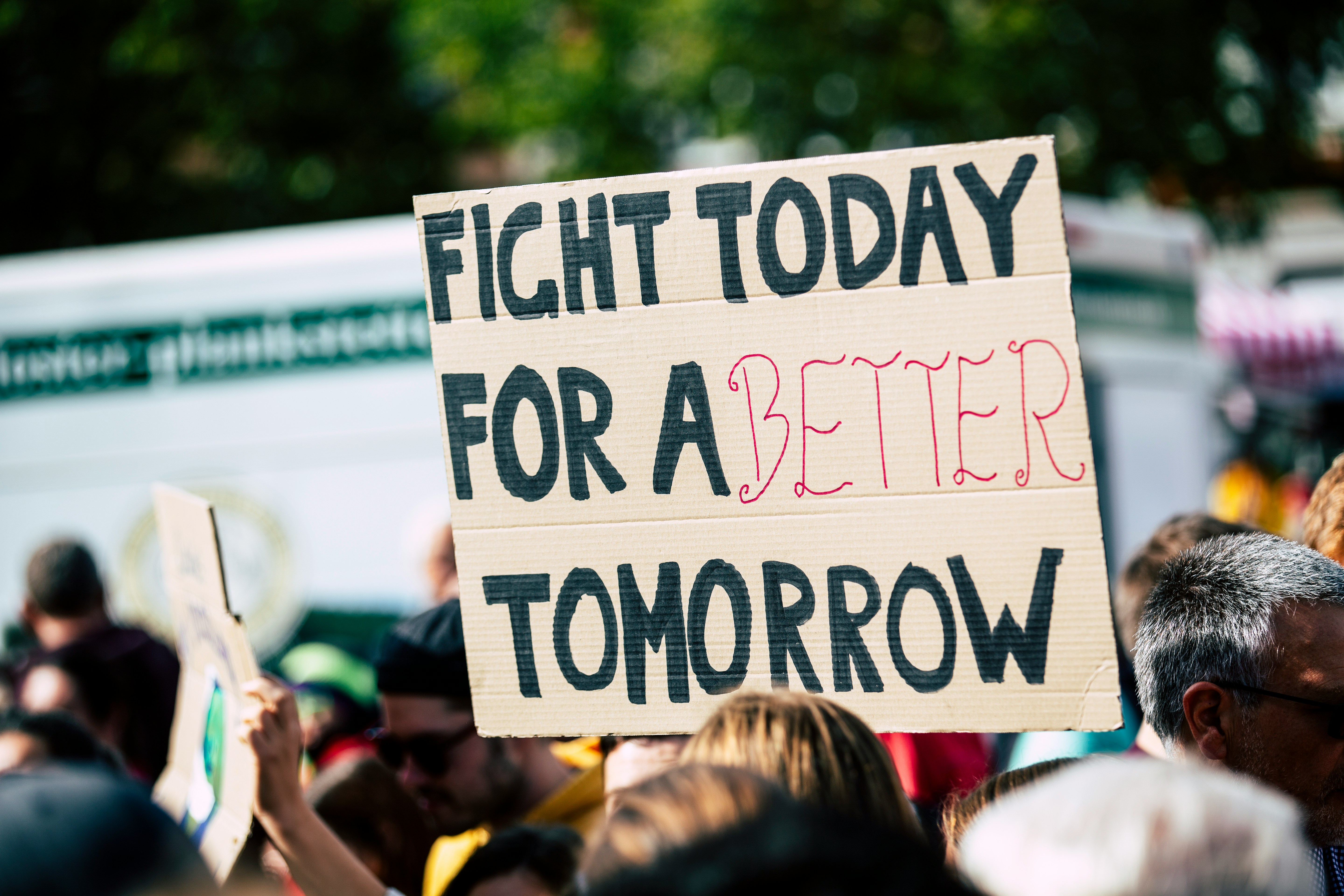Leftist Politics and the “Significant Burden” of Fatness

In July 2024, after 14 years of conservative Tory rule, the British Labour party won a general election. Shortly after their landslide victory, in October, an interesting case study on fat politics played out in the UK. Keir Starmer, the party’s newly elected prime minister, announced he wanted to get fat, unemployed people back onto the job market with the help of free “weight loss injections,” a new turn of the screw in dystopian diet culture. In this piece, I want to reflect on the larger politics and consequences of this policy proposal and ask: What are progressive fat politics and what role do fat politicians play in shaping fat policy-making? According to British Health Minister Wes Streeting, the “widening waistbands” of his…



